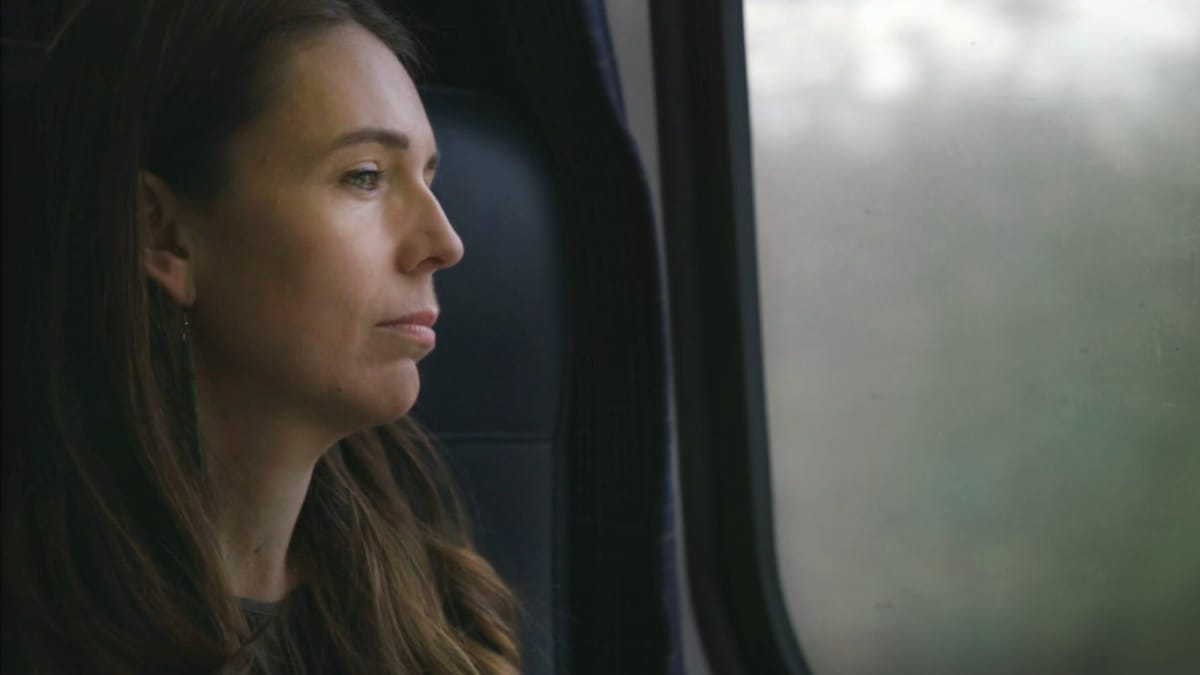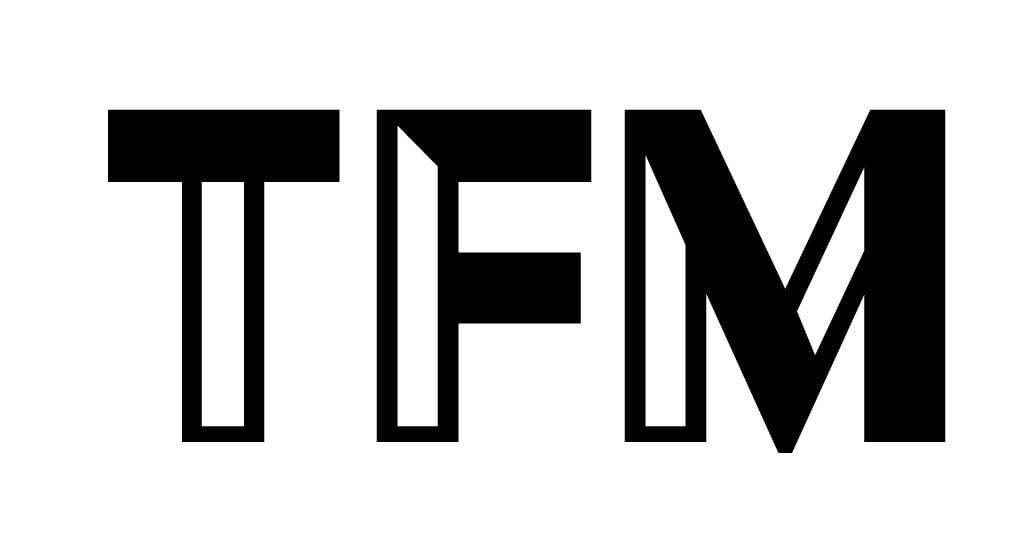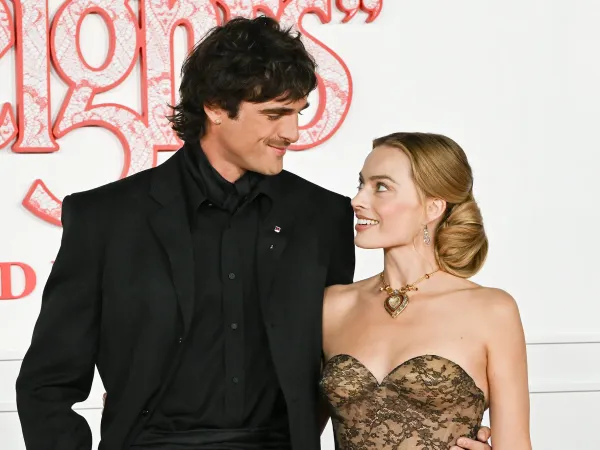'Prime Minister' Directors Talk Promoting a Documentary During Trump Times
Filmmakers Michelle Walshe and Lindsay Utz show "natural born" leadership of New Zealand politician Jacinda Arden

You’re probably asking, “Why is this paywalled?” Paid subscribers are the backbone of The Film Maven and becoming one shows support for independent journalism, as well as female- and disabled-created content. If you want to read the full story consider becoming a paid-subscriber. It also allows me to write really fun articles. And becoming a paid subscriber gives you access to The Trade, my examination and exploration of topics in the entertainment industry, my Popcorn Disability articles on disabled representation in film, and more. I also cross post these over at The Film Maven Patreon where you can subscribe, at the same price, without supporting Substack itself. So consider becoming a paid subscriber today!
Living in California this week has been equal parts frightening and infuriating, the perfect time to watch a documentary about a competent female leader helping her country navigate uncertainty! But, really, Michelle Walshe and Lindsay Utz’s documentary Prime Minister is certainly a movie that people need right now. It’s sensitive and uncompromising portrait of former New Zealand prime minister Jacinda Arden says so much about what leadership, whether male or female, looks like. The documentary explores Arden’s election, the disclosure of her pregnancy after being elected—making her one of the few women to give birth in office. Most people in the U.S. know Arden for her total shutdown and isolation of New Zealand in the wake of COVID, which allowed the country to have some brief respites where life was returned to normal. But the rise of variants, coupled with right-wing pushback, eventually saw Arden resign due to widespread threats and criticisms of her governance.
“I remember thinking [after meeting Arden] I needed to see that as a female leader in directing and running a business,” Walshe tells The Film Maven. “Somebody who was unapologetically turning up exactly as themselves, with emotion, and empathy and anxiety. I found that incredibly inspiring and, at a personal level, it changed and allowed me to be who I am, which was profound.”For the filmmakers, the seven year journey to bring Arden’s story to the screen was in the hopes of showing a leader who was compassionate, warm and empathetic, a marked contrast to the Trump-ian world we’re living today in the U.S. In reference to the idea that female politicians are too emotional Utz jokes that it’s funny hearing that in a week when Trump and Elon Musk legendarily broke up.
“We could never have imagined that it was going to land in this moment like this week,” said Walshe. “I'm just still baffled, what we're watching from afar. You guys are watching it up close.” For the pair, they didn’t want to tell just a one-dimensional story about Arden, though they admit they could have easily done an entire film just on Arden as a mother or Arden dealing with the COVID pandemic. Instead, Walshe and Utz praise Arden’s open door policy of wanting to show that “politicians are human.” The project initially started with Arden’s husband, Clarke, filming her daily life, and those scenes do a lot towards lifting the veil and bringing the audience into the Arden household.
Even once Walshe and crew came into the process, the level of intimacy they had with Arden is amazing. One specific scene, wherein Arden watches and reacts to a protest happening outside, couldn’t have a whole crew sitting there watching, so Walshe’s husband, Leon, shot the sequence. “You can't have a boom operator and a director in there directing where [they] should stand,” she said. “Hats off to him, to Clark, for making those editorial decisions about what's appropriate to shoot. You've got to somehow be the eye of the of the audience and then also become invisible.” The level of trust between Arden and the crew was established almost immediately. “We didn't have to do two hours of interview to warm her up and make her feel like she could trust us,” said Walshe. “I think 10 minutes in, Lindsay and I looked at each other and we were all flabbergasted because she was speaking so openly and with so much emotion. I wasn't even ready for it.”
It’s impossible to watch Prime Minister and, for U.S. audiences at least, not filter it through the continued discussions of whether a woman will ever run again for President, let alone be nominated. For Utz, she refuses to believe that’s impossible. “I reject that,” she says. “I think we need more female leadership. I think women are natural born leaders and for so long many of the characteristics—empathy, kindness, being a good listener, having a sense of humor—all these incredible strengths that women bring to leadership are assets not liabilities. And we need to start talking about them as assets and seeking them out in our elected officials.”
Considering the current landscape of cinema, it was possible not to ask about working in the documentary space in today’s world. While Magnolia Pictures is releasing theatrically (and HBO Documentaries and CNN Films will stream it), Utz and Walshe warn it’s still not easy making a movie today. As Utz explained, financing continues to be a problem for filmmakers, as well as last-minute slashes to budgets. “Filmmakers I know, who've worked for years to secure money for their projects, just lost it overnight,” she says. “If you have the impulse to be a documentary filmmaker you should make a movie, and keep making movies, and finding a way to bring your work into the world. Because we can't stop that important work, especially right now when so much is unfolding in our world.”
Prime Minister is in theaters now.




